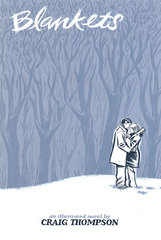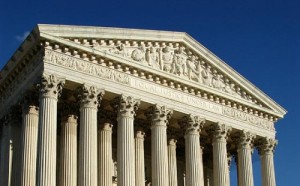 Signed by CBLDF supporter Garth Ennis! One of the most celebrated and challenged comics titles of the late 1990s, PREACHER is a modern American epic of life, death, love and redemption also packed with sex, booze, blood and bullets – not to mention angels, demons, God, vampires and deviants of all stripes.
Signed by CBLDF supporter Garth Ennis! One of the most celebrated and challenged comics titles of the late 1990s, PREACHER is a modern American epic of life, death, love and redemption also packed with sex, booze, blood and bullets – not to mention angels, demons, God, vampires and deviants of all stripes.
At first glance, the Reverend Jesse Custer doesn’t look like anyone special-just another small-town minister slowly losing his flock and his faith. But he’s about to come face-to-face with proof that God does indeed exist. Merging with a bizarre spiritual force called Genesis, Jesse now possesses the power of “the Word,” an ability to make people do whatever he utters. He begins a violent and riotous journey across the country in search of answers from the elusive deity. Proceeds from this signed edition benefit the Comic Book Legal Defense Fund!
Available Now!




